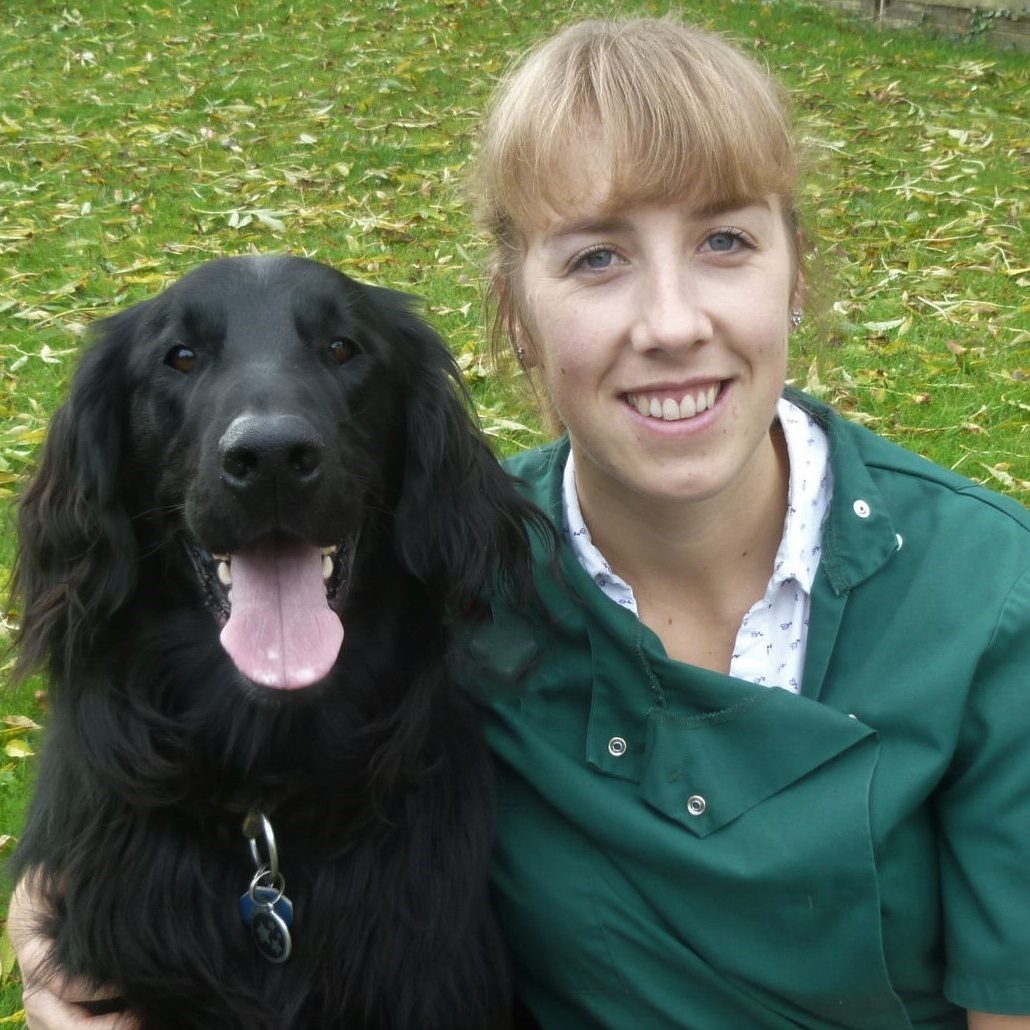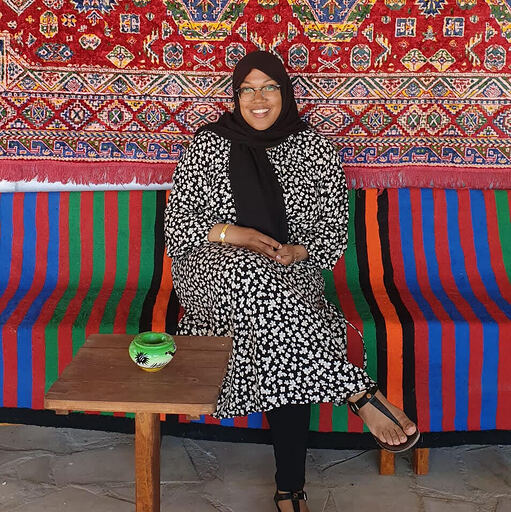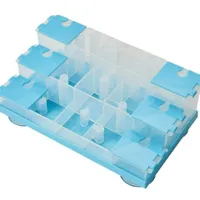Do cats fart? What you need to know about feline flatulence
Ever wondered, ‘Do cats fart?’ We asked a vet your frequently asked questions

Do cats fart? Just like most mammals, the answer is yes. Whether they’ve eaten too fast or have a sensitive stomach, your furry friend might be passing wind for a few reasons.
If it’s related to their diet, you might want to opt for the best cat food with probiotics to help with their digestion. Things like the best cat puzzle feeders can also encourage your kitty to slow down their eating pace, reducing gas as a result.
If your cat farts along with other symptoms, like vomiting and weight loss, it could indicate that something else is going on, and it’s important to have them checked over by a vet. To find out what causes cat gas, whether it should smell, how to help them, and when to see a vet, keep reading – we’ve asked vet Dr. Rebecca MacMiliam for her expert advice.
Why do cats fart?
Flatulence is caused by gas building up in the system that eventually escapes from the body. Cat farts are usually caused by your cat swallowing too much air when they're eating (if your cat is a scarfer, you may notice this a lot). If this is the case, try using a puzzle feeder or the best slow feeder cat bowl.
Ethical Pet Doc & Phoebe Puzzle Cat Feeder
This puzzle feeder is sure to keep any cat busy. With three difficulty levels, your feline will feel the mental burn and be rewarded with tasty food when they complete the puzzle. Can be used with dry or wet food, or your cat’s favorite treat.
Allergies to pollen, dust, and pests, such as ticks and fleas, can cause an upset stomach. Flea allergies are reportedly common amongst cats, so if you see your cat having diarrhea and vomiting, contact your vet.
If you have recently changed your cat's food or are noticing other signs of gastrointestinal upset, contact your vet. You may have to slowly transition them to a food that will be gentler on their stomach, like one of the cat foods for allergies.
Aside from farting, there may be other signs of cat gas, such as a bloated belly that your cat may not want to be touched at all. They may also be less playful because they're uncomfortable – being gassy isn't fun, after all. If there is any constipation present, you may notice some blood in the stool or a refusal to eat and drink. You may also want to check out our vet’s guide to blood in cat’s stool.
Get the best advice, tips and top tech for your beloved Pets
Dr. MacMillan says: “Farting is a natural part of digestion, many animals do it! Your cat will pass wind, either through burping or farting, when there is an excess amount of gas in their digestive system. This gas is caused by healthy bacteria in their gut breaking food down as part of normal digestive processes. If your cat didn’t fart occasionally, they would soon feel very uncomfortable!”

How often do cats fart?
Cats don't pass gas all that frequently – or at least it doesn't seem that way, since it's rarely audible or, um, smelly.
Dr. MacMillan says: “Different species fart different amounts, based on their diet and the anatomy of their digestive tract. The average cat will usually fart a few times a day, which is a lot less than some other species (ourselves included!). You may not always hear your cat fart; they often pass wind quietly. Some cats fart more often if they gulp their food down too quickly while eating. Swallowing air whilst eating fast can lead to more gas in the digestive tract.
“If you are noticing your cat is suddenly farting more frequently than usual, or if their gas is smellier, then you may need to speak with your vet. You should definitely seek help if your cat has diarrhea, constipation, appetite changes, lethargy, or vomiting, alongside changes in gas production.”
Do cat farts smell?
Cat farts don't usually smell, but if they do, it may be a sign of an underlying condition. A few reasons your cat’s fart may smell could be food allergies, worms or internal parasites, or inflammatory bowel disease to name a few.
Dr. MacMillan says: “Most of the time cat farts go unnoticed, they are often quiet and not that smelly. If your cat is producing smelly farts, then it could be because of something they’ve eaten or because they have an underlying medical condition.
“Smell may occur when there is a sudden change in your cat’s gut flora, the bacteria that help to break down food for digestion. Medications like antibiotics, a new diet, or a gastrointestinal infection could all impact the gut flora population and its ability to break down food. Also, there is evidence of natural variation between individuals, so some cats may just be more prone to smelly flatulence than others!"

How to relieve gas in cats
This depends on the cause of the gas. For cats with sensitive stomachs, your vet may recommend adding probiotics to their diet or switching food. Other treatments include anti-parasite medication, (check out the best flea treatments for cats) puzzle feeders to slow their eating pace, and eliminating feline allergy triggers.
Pet Honesty Cat Probiotics Gut + Immune Health Chews
These probiotic chews are approved by vets and can support your cat’s digestion and immune system function. You won’t find any fillers inside (like corn, wheat, or soy), and the chicken flavor will be a hit with your cat.
Dr. MacMillan says: “If your cat has recently become very flatulent for no apparent reason, or they are showing other symptoms, then you should get them checked over by a vet. Changes in stool consistency, vomiting, weight loss, appetite changes, and lethargy, alongside smelly farts can indicate a problem.
“Your vet will examine your cat and may suggest some tests based on their findings and discussion with you. Blood tests can help to rule out underlying metabolic issues like liver disease, or an overactive thyroid. Fecal samples can be useful in screening for parasites and infectious diseases.
"Sometimes diagnostic imaging is required like ultrasound or x-rays, especially if your vet is suspicious of inflammatory bowel disease or something more sinister like cancer. If your cat is diagnosed with a medical complaint, then follow your vet’s advice for the best course of action.”
Many common illnesses in cats can cause an upset stomach. If you believe this is the underlying cause, be sure to get your cat checked over by a vet.
If you found this helpful, you may also want to check out: My cat is smelly – what can I do or Do cats burp?

Rebecca is a veterinary surgeon who graduated in 2009 from the Royal Veterinary College in London. She has a wealth of experience in first opinion small animal practice, having done a mixture of day-to-day routine work, on-call emergency duties and managerial roles over the years. She enjoys medicine in particular and she is proud to have recently achieved a BSAVA postgraduate certificate in small animal medicine (with commendation). She writes on various feline and canine topics, including behavior, nutrition, and health. Outside of work and writing she enjoys walking her own dog, spending time with her young family and baking!

Our staff writer, Alexis, is a digital content specialist and passionate pet advocate with a background in lifestyle journalism. Raised in a lively home filled with cats, dogs, and fish, she channels her lifelong love for animals into creating helpful, research-driven content for pet parents.
She collaborates with veterinary professionals to ensure accuracy and is currently pursuing additional pet care certifications.
A graduate of Bowling Green State University, Alexis has contributed to major UK and US publications, including Daily Mail, Space.com, and Black Women Rising Magazine.


